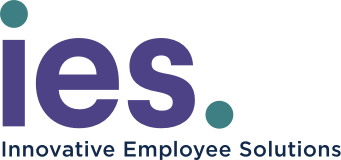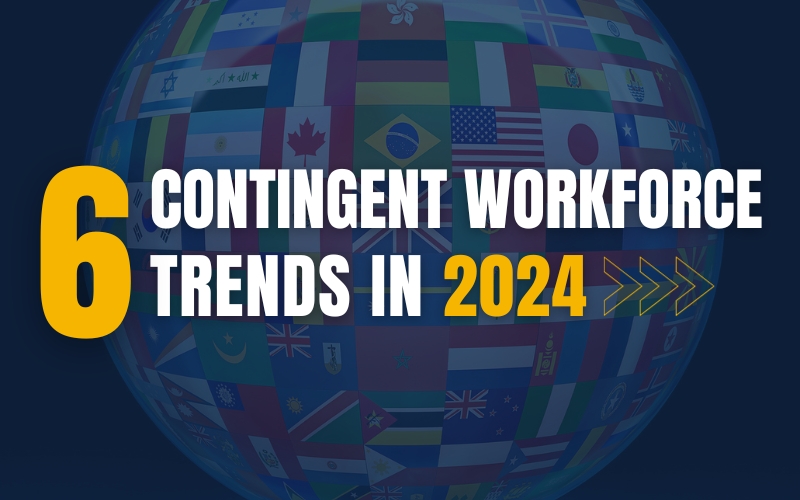By: Sara Jensen, Vice President of Business Development
Published By: Hr. Com
Have you ever hired what seemed like the perfect candidate only to fire him or her six months later?
It happens more frequently than most of us would like to admit. In fact, it’s our own fault more often than we’d like to admit. Without careful vetting, it’s easy to select someone who can talk the talk but not walk the walk.
Staffing firm relationships work the same way. Many companies looking for a staffing partner are sold on things like past success stories or promises of customer centrism. Then, when issues crop up — workers not receiving paychecks, agency invoicing mistakes, and co-employment compliance challenges — the staffing firm starts pointing fingers, often at an associated employer of record.
Nobody can blame staffing firms for putting their best foot forward. But often, that best foot doesn’t fit the client’s shoes nearly as well as both parties had hoped it would. According to a survey by CareerBuilder and software company Bullhorn, staffing firms rate themselves 8.81 on a 10-point Net Promoter Score scale. Those same firms’ clients, however, only rated them an average of 5.98. Just 11 percent of staffing firm customers said they’d be likely to recommend the firm’s services to a colleague.
Go Ahead, Ask Hard Questions
So how can you identify a star-crossed staffing relationship before signing on the dotted line? It’s not easy, but by asking these four questions, you’ll make the right call more often than not:
1. What’s your track record placing candidates in our industry?
Staffing firms are not one-size-fits-all. Generalist firms do exist, but if you’re hunting for specialized talent, be sure to team up with a staffing provider that knows your industry inside and out.
When you ask this question, be as specific as possible. If you’re looking for data scientists, don’t just ask about “tech workers,” which could mean anything from web developers to UX designers; ask for verifiable, repeatable placements of data scientists. To be sure you’re getting the real story, request references from current or former clients.
It’s also a good idea to ask how the staffing firm stays up to speed with your industry’s news, trends, and technologies. Can they speak your language? Ask about the publications they read, the thought leaders they follow, and the industry groups they belong to or interact with.
2. What’s your discovery process?
Some staffing companies are just trying to fill seats with warm bodies. A great partner will take the time to understand your company’s history, business goals, and culture. If you feel rushed or ignored in those first conversations, there’s a good chance that you will in later ones as well.
Go a step further when interviewing firms on your shortlist. Ask them about how they plan to apply those learnings when vetting candidates for your company. What qualifications and experiences will they look for? How will they assess cultural fit? What questions will they ask candidates before passing them your way?
3. What other services and resources do you offer?
Yes, the war for talent is stiff, and yes, this puts pressure on managers to hire quickly. But according to a December 2017 CareerBuilder survey, 30 percent of employers who’d made a bad hire did so because they felt pressured to fill the role too quickly. A strong staffing firm will want to talk about more than just plugging holes on your team.
What about consulting services, for example? Is the staffing company willing to help you attract and retain your own talent? Instead of pushing the deal, a top-tier firm will offer whitepapers, webinars, and other educational resources to help hiring managers make the right choice over the convenient choice.
4. What happens once you place a candidate?
Good staffing companies don’t just dump candidates on their clients and forget about them. They communicate before, during, and especially after a hire to make sure both the client and the worker are satisfied.
By seeking regular feedback, your staffing partner can improve the fit of provided candidates. Beyond facilitating better service and engaging workers, regular communication with both you and your staffing-sourced team members keeps small problems from compounding into larger ones. So look for a documented communication process that shows consistent engagement and follow-ups with both clients and workers.
While you want a staffing partner that’s passionate about getting talented employees through your door, beware of those with a little too much passion to move things along. You’re looking for a staffing partner that’s selective as well as swift. Asking the right questions at the outset can help you choose a partner that’s invested in the whole process, not just the payoff.
Check out this published article on HR.com






